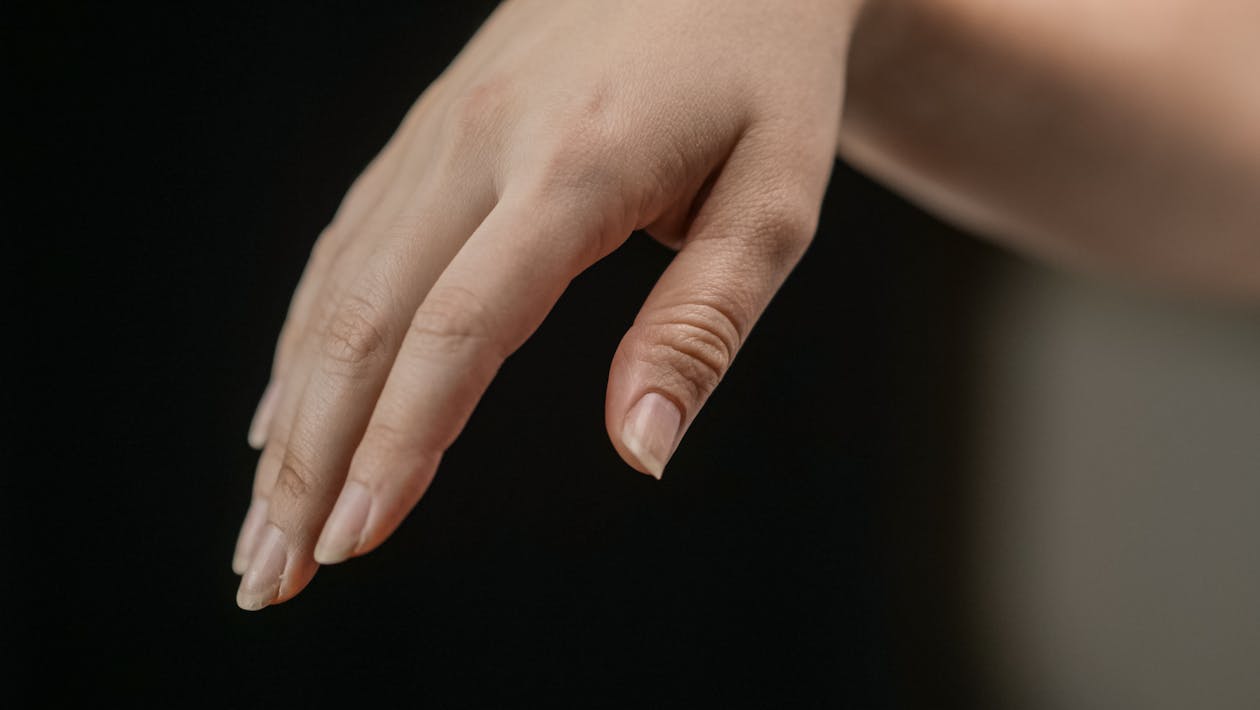What is a “Felon Finger” Infection and How Can it Be Treated
Our hands and fingers are vital instruments. Almost every task, from work to childcare, requires you to utilize these body parts. At the same time, our fingers are common targets for bacteria and infection. If you’ve ever had an infection on your finger, specifically the fingertip or pad, you’ve likely had a felon finger infection. Understanding these infections and how to treat them can ensure that your finger heals as quickly and fully as possible.
Contents
- 1 What Is a Felon Finger Infection?
- 2 How Common Is a Felon Finger Infection?
- 3 What Are the Symptoms of Felon Finger?
- 4 What Causes a Felon?
- 5 How Do You Diagnose a Felon Finger Infection?
- 6 How Do You Treat a Felon Finger?
- 7 How Can You Prevent Felon Finger Infections?
- 8 Get Your Felon Finger Treated at the Hand and Wrist Institute
What Is a Felon Finger Infection?
A felon finger infection, also known as a felon finger, is a painful infection of the soft tissue on your fingertip or the fleshy pad of your finger, which is called the distal digital pulp. Bacteria typically cause these infections after they enter your finger through a penetrating trauma, which may be caused by the following:
- Bug bites.
- Cuts, scrapes, or abrasions.
- Splinters.
- Puncture wounds.
Felons can also develop from an untreated nail infection. When you injure or irritate your finger through one of these traumas, it creates a tiny opening for bacteria to enter, multiply, and thrive. This bacterial invasion is what forms the felon.
While common and treatable, seeking medical attention immediately is vital if you’ve developed a felon finger infection. If left untreated, a felon finger may lead to more significant infections in the bone or tendons of your finger. Additionally, an untreated felon may turn into a pus-filled sac, which is called an abscess.

How Common Is a Felon Finger Infection?
In general, hand infections near the surface of your skin, like felons, are more common than deeper infections. Similarly, the most common hand infections are felons and nail infections, also called paronychias. According to Cleveland Clinic, approximately one out of three hand infections are felons or paronychias.
What Are the Symptoms of Felon Finger?
Primary warning signs of a felon finger infection include redness and warmth in the affected finger. You may also experience the following symptoms:
- Numbness.
- Swelling.
- Tenderness.
- Throbbing pain.
- Abscess formation.
What Causes a Felon?
As mentioned above, bacteria are the primary cause of a felon. Injuring or irritating your finger creates a break in your skin, which is ideal for bacteria to enter your fingertip and grow. Most commonly, Staphylococcus aureus and Streptococcus are the bacteria responsible for causing a felon finger.
In addition to these bacteria, untreated nail infections can lead to a felon finger. A nail infection, or paronychia, occurs around your finger’s nail bed and is often caused by artificial nails, nail-biting, or manicures. Other factors that can increase your likelihood of developing a felon include the following:
- A pre-existing finger injury.
- Inflammation.
- Disorders that compromise your immune system.
How Do You Diagnose a Felon Finger Infection?
Generally, a healthcare provider will diagnose a felon finger via physical examination. They will ask about any symptoms you’re experiencing and inquire about any recent injuries you’ve had to your fingertip.
This examination will also include a review of your medical history to help rule out any other potential types of infections. For example, if you have a history of herpes, you may be experiencing a herpetic whitlow rather than a felon finger infection. During the examination, your healthcare provider may also check for abscess formation.
Sometimes, they may also order additional testing for the affected finger, such as a wound culture or imaging. A wound culture can help determine which bacteria caused the felon, which is helpful when deciding which antibiotic to prescribe. Further imaging, such as an ultrasound, helps a medical professional determine if there’s an abscess forming under your skin.
How Do You Treat a Felon Finger?
Like most medical conditions, early detection and diagnosis are crucial in treating a felon finger infection. If identified early, a healthcare provider will typically treat a felon with antibiotics, such as the following:
- Trimethoprim/sulfamethoxazole.
- Cephalexin.
- Amoxicillin/clavulanate.
- Clindamycin.
They may also direct you to soak the affected finger in warm water and keep it elevated as much as possible. In cases where trauma from a foreign body, such as a splinter, caused the felon finger, your provider will completely remove any remaining pieces. Additionally, they may give you a tetanus shot as a preventive measure against further infection.
If a felon causes an abscess, your provider will likely need to drain the swelling to remove any infected material. They will first apply a local anesthetic to numb the affected finger. Typically, your provider will apply this by injecting it into each side of your finger beyond the knuckle. Then, they will make one or more incisions to your fingertip, and they’ll drain any pus through these minor cuts.
Once they’ve drained the abscess, your provider will wrap the finger in gauze, which you must change daily to keep the wound clean. This gauze will remain on your finger for 24 to 72 hours until the incisions heal. In rare instances where there’s no improvement after this time, you may require further surgery.
How Can You Prevent Felon Finger Infections?
Finger injuries or untreated nail infections are typically the cause of felon fingers. Methods to help prevent a felon finger infection include the following:
- Follow best safety practices when working with dangerous materials.
- Wear protective gloves when working with materials that can leave splinters.
- Practice good hand hygiene, including thoroughly washing your hands with soap and water.
- If you need to prick your finger for an at-home blood test, such as those for diabetes, wipe it with alcohol first.
- Treat nail infections as soon as possible.
Get Your Felon Finger Treated at the Hand and Wrist Institute
You must seek treatment if you think you have a felon finger infection. Our team of experts at the Hand and Wrist Institute in Dallas, Southlake, and Frisco, Texas, will guide you through the treatment of your felon finger and get you back to normal as quickly as possible. If you have any questions or want to schedule an appointment, contact the Hand and Wrist Institute today. After all, your hands are crucial to living your life to the fullest.
Close Up Photo of Person’s Hand by Kindel Media is licensed with Pexels License

























